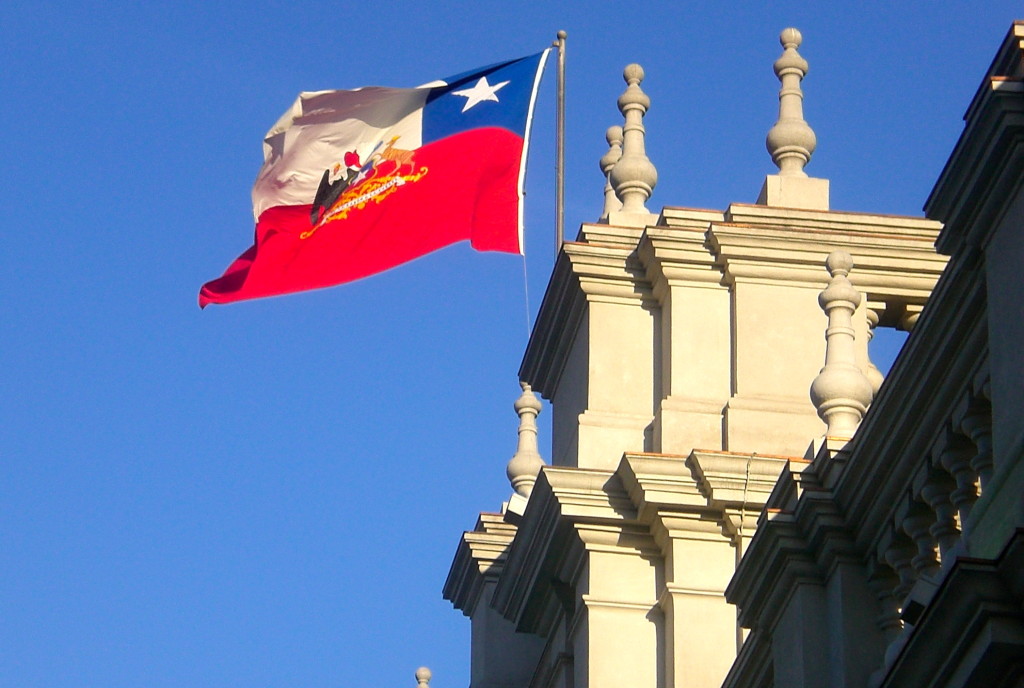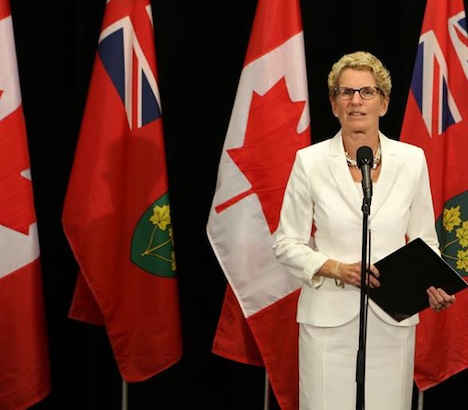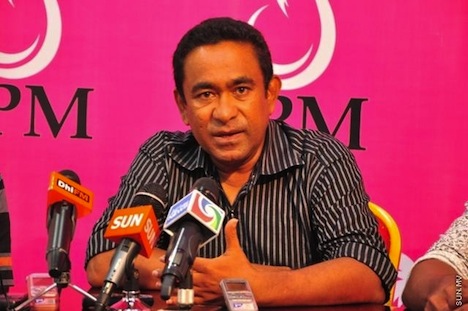No matter who wins tomorrow’s presidential election in Chile — and by what margin — we will know much more about the nature of the Chilean government over the next four years from the result of the other elections that will be held.![]()
Those are the parliamentary elections, in which Chileans will elect all 120 members of the Cámara de Diputados (Chamber of Deputies), the lower house of Chile’s parliament, and half of the 38-member Senado (Senate), the upper house.
The inability of current president Sebastián Piñera to win absolute majorities in the Chilean parliament in the previous December 2009 elections constrained his legislative ability over the past four years to enact the kind of market liberalization or other reforms that Piñera might otherwise have pursued.
Likewise, though former president Michelle Bachelet is the overwhelming favorite to return to La Moneda, the Chilean presidential palace, the extent to which her administration will be able to enact campaign promises depends in large part on her ability to win a parliamentary majority for the broad left coalition that she leads, Nueva Mayoria (New Majority), which is essentially a rebranding of the broad center-left coalition of Chilean parties, the Concertación de Partidos por la Democracia (Concert of Parties for Democracy) — with the recent addition of the Partido Comunista (Community Party) and a couple of other minor parties.
Though it seems likely that Bachelet’s coalition will win a majority in both houses, no one knows how large their margin will be — and, of course, with the widening of the previous Concertación to include the Communists and other far-left groups, maintaining unity within Bachelet’s coalition will be even harder in the years ahead. That’s especially true in light of the lofty platform that Bachelet has outlined during her campaign — Bachelet hopes to achieve major tax reform (an increase in the corporate tax rate from 20% to 25% and a cut in the maximum income tax rate from 40% to 35%), education reform (free access to university within the next six years) and, most ambitiously, a new Chilean constitution. Constitutional changes require a two-thirds majority in both houses, an outcome that’s extremely unlikely, and even large-scale reforms, such as the kind Bachelet hopes to enact for Chilean education, require a four-sevenths majority.
That, in turn, is due to Chile’s electoral system, which is designed to avoid large majorities in either direction. In respect of the Chamber of Deputies, Chileans vote in 60 constituencies that elect two members each — Chile’s unique binomial system that Pinochet’s advisers stitched into Chile’s current constitution before ceding power to civilian leadership in 1989. While each coalition can run two candidate in each district, the typical result is that each major coalition each wins one seat in each constituency — one coalition will only be awarded both seats if it defeats the second coalition by a two-to-one margin. A similar system exists for the Senate — Chileans elect two senators in each of 19 senatorial districts.
Moreover, Bachelet faces a new challenge from the Partido Progresista (Progressive Party of Chile), the party created two years ago by Marco Enríquez-Ominami, who won about 20% as an independent candidate in the previous 2009 presidential election and who is running again in this weekend’s presidential election. Although no one predicts that the Progressive Party is likely to steal many seats in the parliamentary vote, even one or two seats in each chamber could significantly alter Bachelet’s ability to govern. Continue reading Bachelet’s ambitious agenda to be determined by result of Chile’s parliamentary elections


